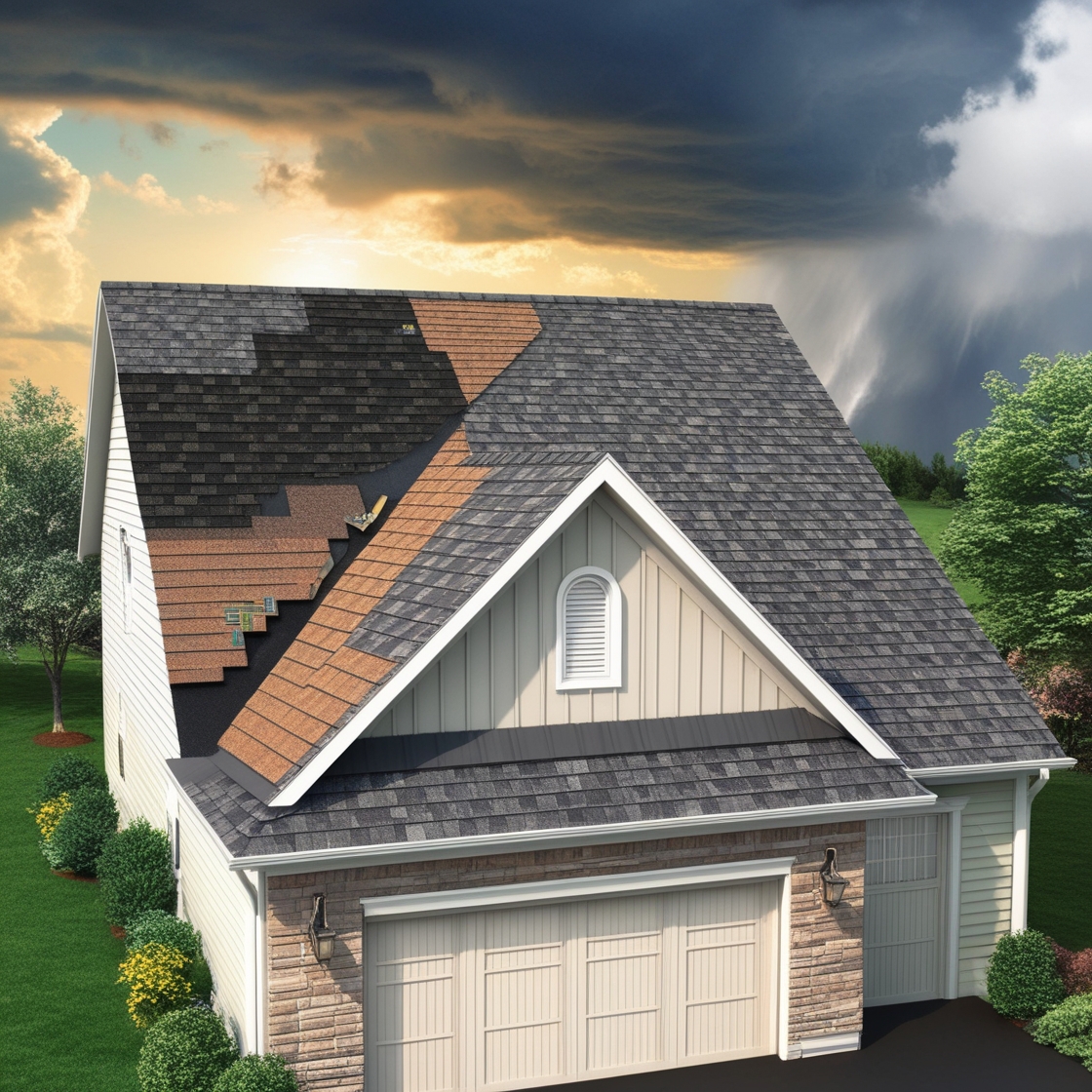Asphalt shingles are the most popular roofing material in North America, and for good reason. They offer a balanced mix of durability, affordability, and aesthetic appeal, making them an excellent choice for many homeowners. However, like any material, asphalt shingles come with their own set of advantages and disadvantages. This article explores the pros and cons of asphalt shingles to help you decide if they are the right roofing solution for your home.
Pros of Asphalt Shingles
1. Affordability
One of the primary reasons for the widespread use of asphalt shingles is their cost-effectiveness. Asphalt shingles are significantly cheaper than many other roofing materials, such as metal, tile, or slate. Their affordability makes them an attractive option for homeowners on a budget who still want a reliable and durable roof. Installation costs are also relatively low due to the simplicity of the installation process, which requires fewer specialized skills compared to other materials.
2. Versatility
Asphalt shingles come in a wide range of styles, colors, and textures, allowing homeowners to achieve various aesthetic looks. Whether you prefer a traditional, rustic, or modern appearance, there is likely an asphalt shingle that matches your vision. Additionally, asphalt shingles can be designed to mimic more expensive roofing materials, such as wood shakes or slate, providing the desired look without the high price tag.
3. Durability and Longevity
Modern asphalt shingles are designed to withstand a variety of weather conditions, including wind, rain, and hail. High-quality asphalt shingles can last between 20 to 30 years, depending on the environment and maintenance. Some premium shingles even come with warranties of up to 50 years. They are also fire-resistant, providing an extra layer of protection for your home.
4. Ease of Installation and Repair
Asphalt shingles are relatively easy to install, making them a preferred choice for many roofing contractors. Their lightweight nature and standardized sizing mean that they can be quickly and efficiently applied to your roof. If a shingle is damaged, repairs are straightforward. In most cases, only the affected shingle or small section needs to be replaced, which can be done without the need for extensive work.
5. Energy Efficiency
Certain asphalt shingles are designed with reflective coatings that help reduce heat absorption from the sun. This can improve your home’s energy efficiency by keeping it cooler in the summer months, potentially lowering your air conditioning costs. Some asphalt shingles are even ENERGY STAR® certified, which means they meet strict energy efficiency guidelines set by the U.S. Environmental Protection Agency.
Cons of Asphalt Shingles
1. Shorter Lifespan Compared to Premium Materials
While asphalt shingles can last a couple of decades, their lifespan is generally shorter than that of other roofing materials such as metal, tile, or slate. These premium materials can last 50 years or more, sometimes even outliving the building they are installed on. For homeowners looking for a one-time, long-term investment, asphalt shingles may not be the most cost-effective choice over the long haul.
2. Susceptibility to Weather Damage
Asphalt shingles, especially the more affordable options, can be more susceptible to damage from extreme weather conditions. High winds can lift or tear shingles, while hail can cause granule loss or even puncture the shingle itself. In areas prone to severe weather, this vulnerability may lead to frequent repairs or the need for premature replacement.
3. Environmental Impact
Asphalt shingles are made from petroleum products, which means their production and disposal contribute to environmental concerns. Although some manufacturers offer recycling programs, the majority of old asphalt shingles end up in landfills, where they can take decades to break down. Moreover, the energy-intensive production process of asphalt shingles is another factor that contributes to their environmental footprint.
4. Aesthetic Degradation Over Time
Over time, asphalt shingles may lose their aesthetic appeal. Prolonged exposure to the sun can cause fading and discoloration, and the loss of protective granules can make shingles look worn out. This gradual degradation may not only affect your home’s curb appeal but also signal a decrease in the roof’s protective capabilities, necessitating repairs or replacement.
5. Limited Insulation Properties
Asphalt shingles provide minimal insulation, meaning they do not offer much in the way of thermal resistance. This could result in higher heating costs in colder climates, as asphalt shingles do little to retain heat within the home. While this issue can be mitigated with proper attic insulation, it’s an additional factor to consider when evaluating the overall energy efficiency of your roof.
